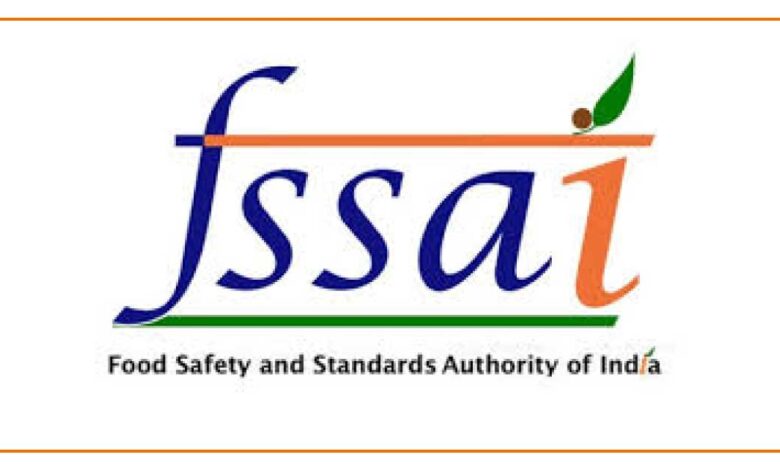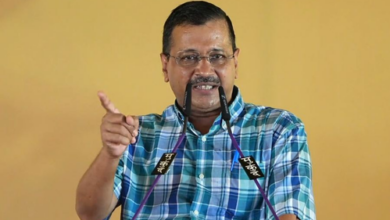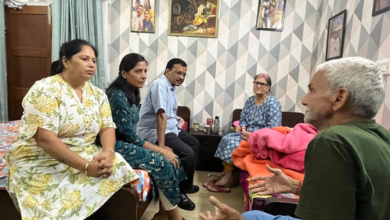
Hyderabad, Sep 29 : Food Safety and Standards Authority of India (FSSAI) CEO Mr G Kamala Vardhana Rao on Friday announced its ambitious goal to train 2.5 million food operators by next year.
Addressing at the State Connect Session – “Strengthening the Food Safety, Quality and Regulatory Ecosystem: Towards Enhancing the State Food Safety Index” organized by the Confederation of Indian Industry (CII) in association with FSSAI and Telangana State Government here, Kamala emphasized the importance of leveraging technological advancements to combat counterfeit products for the benefit of public health.
He also highlighted key initiatives aimed at strengthening the food safety index through partnerships and active engagement with all stakeholders, including businesses outside the food sector.
He encouraged stakeholders to support the International Millet Year 2023 celebrations by incorporating millets into recipes and daily diets for a healthier option.
Speaking on the occasion, Telangana state Food Safety Commissioner Ms Hari Chandana Dasari stressed the importance of active involvement in the Eat Right movement by all stakeholders to promote a culture of food quality and safety across the state.
She acknowledged the government’s significant efforts in this area and urged stakeholders to seize the opportunities available to realize their full potential.
In his opening remarks, CII Telangana Chairman C.Shekar Reddy commended FSSAI’s Eat Right initiative for its role in strengthening the country’s food safety ecosystem.
This session was envisaged to create awareness about the Eat Right India initiative by the state of Telangana and to strengthen the food safety & regulatory ecosystem at large.
Expert-led special training sessions covered topics such as FSSAI’s Hygiene Rating Program, regulatory compliance for food businesses and online portal demonstrations. A particular focus was placed on rice fortification, considering rice’s status as a staple food for about two-thirds of India’s population.
A special session on capacity building and consultation regarding rice fortification emphasized its cost-effective and complementary role in increasing the vitamin and mineral content of diets.






